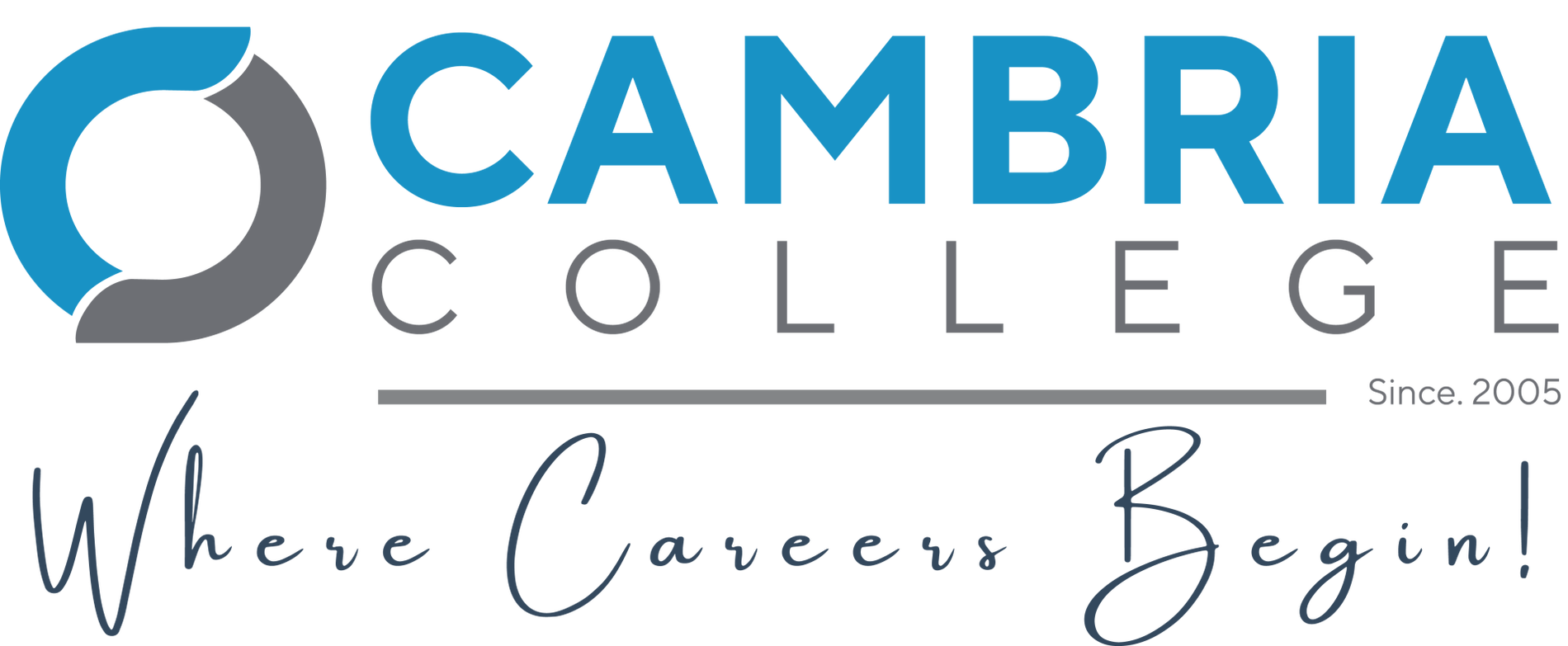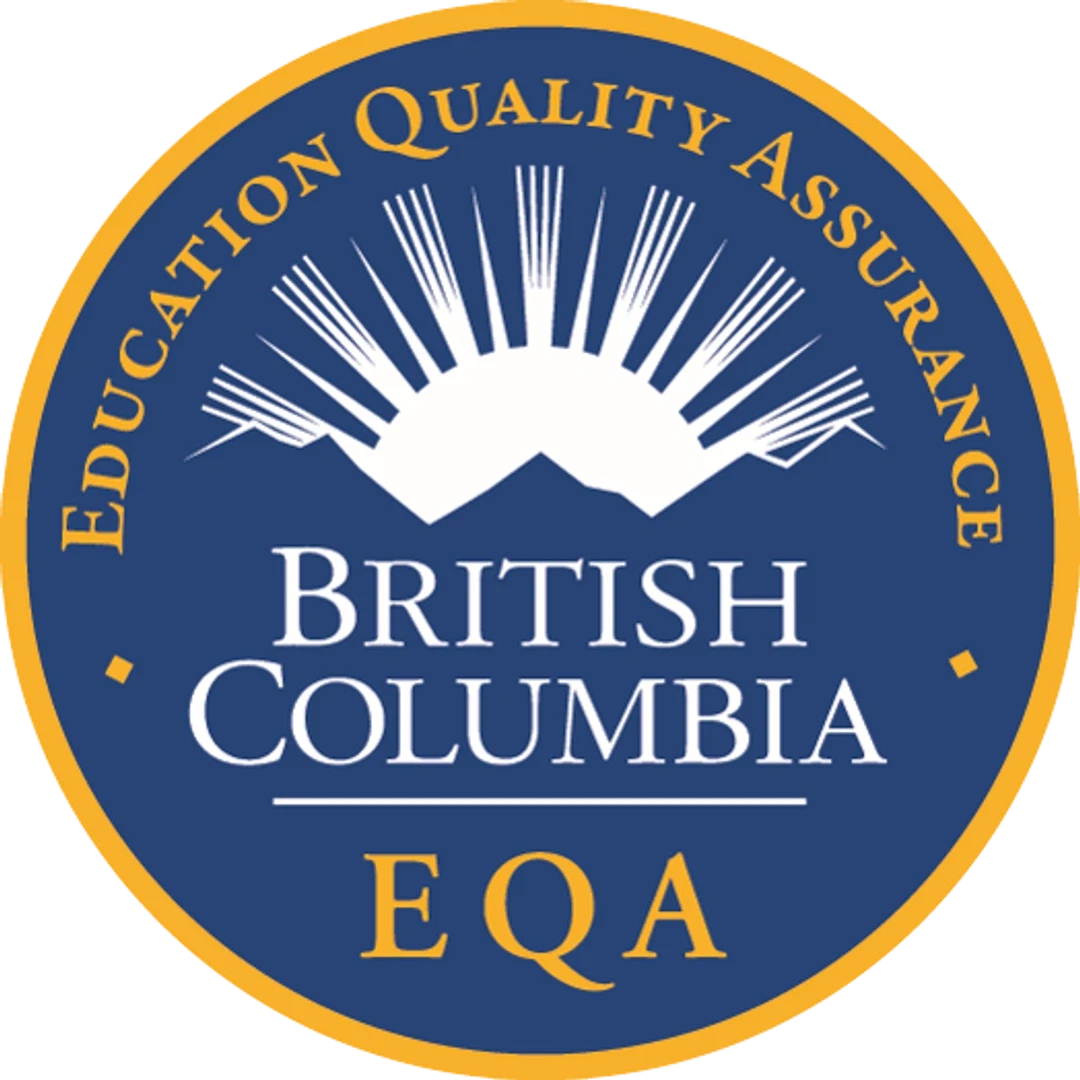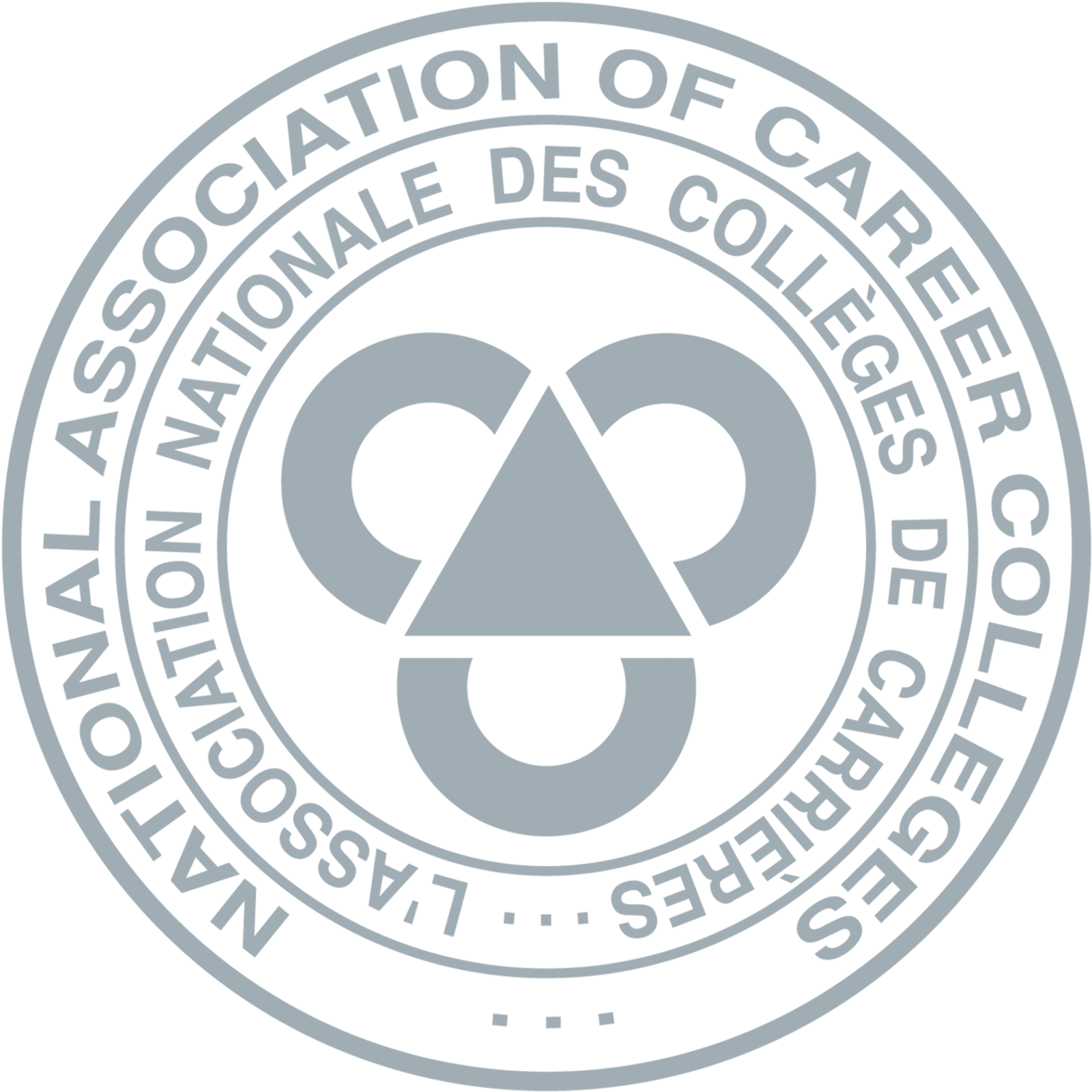As the healthcare industry continues to evolve, the role of a Medical Laboratory Assistant (MLA) has become increasingly crucial in supporting the efficient and accurate delivery of medical services. These dedicated professionals play a vital part in the diagnostic process, ensuring that laboratory tests are conducted with the utmost precision and attention to detail.
In this comprehensive guide, we will delve into the responsibilities of a Medical Laboratory Assistant, the educational and training requirements, as well as the skills and qualities necessary to thrive in this dynamic field.
Education and Training Required for a Medical Laboratory Assistant Career
Becoming a Medical Laboratory Assistant typically requires a combination of formal education and hands-on training. Many aspiring MLAs pursue a Diploma program in medical laboratory assisting or a related field. These programs, often offered at community colleges or vocational schools, provide a solid foundation in subjects such as anatomy, physiology, microbiology, and laboratory procedures.
In addition to formal education, most employers also require Medical Laboratory Assistants to complete on-the-job training, where they learn the specific protocols and practices of the laboratory they will be working in. This training may involve shadowing experienced MLAs, learning how to operate various laboratory equipment, and familiarizing themselves with the facility’s safety guidelines and quality control measures.
Duties and Responsibilities of a Medical Laboratory Assistant
The responsibilities of a Medical Laboratory Assistant are multifaceted and span a wide range of tasks within the laboratory setting. Some of the key duties include:
- Sample Collection and Preparation: MLAs are responsible for collecting and properly labeling various biological samples, such as blood, urine, or tissue specimens, ensuring the integrity of the samples throughout the pre-analytical phase.
- Specimen Processing: MLAs perform essential tasks like centrifuging, aliquoting, and distributing samples to the appropriate testing areas, adhering to strict protocols to maintain sample quality.
- Instrument Maintenance and Calibration: MLAs play a crucial role in ensuring the proper functioning of laboratory equipment by performing routine maintenance, calibration, and troubleshooting procedures.
- Data Entry and Record-keeping: MLAs diligently record patient information, test results, and other relevant data, maintaining accurate and detailed documentation throughout the testing process.
- Quality Assurance and Control: MLAs actively participate in quality assurance and control measures, such as running quality control tests, monitoring the performance of laboratory instruments, and reporting any discrepancies or irregularities.
- Inventory Management: MLAs are responsible for monitoring and maintaining the laboratory’s supplies, reagents, and consumables, ensuring that the necessary materials are available to support ongoing testing and analysis.
- Customer Service: MLAs often serve as the primary point of contact for patients, healthcare providers, and other laboratory personnel, addressing inquiries, providing information, and fostering effective communication.
Skills and Qualities Needed to Succeed as a Medical Laboratory Assistant
To excel as a Medical Laboratory Assistant, individuals must possess a unique blend of technical skills, critical-thinking abilities, and interpersonal qualities. Some of the key skills and qualities include:
- Attention to Detail: MLAs must be meticulous in their work, ensuring the accurate collection, processing, and documentation of samples to minimize the risk of errors.
- Problem-solving and Troubleshooting: MLAs must be able to identify and resolve issues that may arise during the testing process, demonstrating a proactive and analytical approach to problem-solving.
- Dexterity and Manual Skill: MLAs must have a high level of manual dexterity to perform delicate tasks, such as pipetting and handling fragile laboratory equipment.
- Communication and Interpersonal Skills: MLAs must be able to effectively communicate with patients, healthcare providers, and fellow laboratory staff, fostering a collaborative and professional work environment.
- Flexibility and Adaptability: MLAs must be able to adapt to changing protocols, procedures, and technologies, continuously learning and updating their knowledge to keep pace with the evolving healthcare landscape.
- Attention to Safety: MLAs must strictly adhere to safety protocols and procedures, prioritizing the well-being of themselves, their colleagues, and the patients they serve.
Work Environment and Daily Tasks of a Medical Laboratory Assistant
Medical Laboratory Assistants typically work in a variety of healthcare settings, including hospitals, clinics, diagnostic laboratories, and research facilities. Their daily tasks often involve a combination of hands-on laboratory work and administrative duties.
A typical day for an MLA may include:
- Sample Collection and Processing: Collecting and preparing various biological samples, such as blood, urine, or tissue specimens, for analysis.
- Instrument Operation and Maintenance: Performing routine maintenance and calibration on laboratory equipment, ensuring their proper functioning.
- Data Entry and Record-Keeping: Meticulously documenting patient information, test results, and other relevant data in the laboratory’s information system.
- Quality Assurance and Control: Conducting quality control tests, monitoring the performance of laboratory instruments, and reporting any discrepancies or irregularities.
- Inventory Management: Monitoring and maintaining the laboratory’s supplies, reagents, and consumables, ensuring the availability of necessary materials.
- Communication and Collaboration: Interacting with patients, healthcare providers, and fellow laboratory staff to address inquiries, provide information, and foster effective communication.
The work environment of a Medical Laboratory Assistant is typically clean, well-organized, and temperature-controlled to maintain the integrity of the samples and the accuracy of the testing procedures. MLAs must adhere to strict safety protocols, including the use of personal protective equipment (PPE), to minimize the risk of exposure to hazardous materials or infectious agents.
Safety Protocols and Procedures in the Laboratory
Ensuring the safety of both laboratory personnel and patients is extremely important in the work of a Medical Laboratory Assistant. MLAs must be well-versed in the safety protocols and procedures established within their respective laboratory settings. These protocols typically include:
- Proper Handling and Disposal of Biohazardous Materials: MLAs must be trained in the safe handling, containment, and disposal of potentially infectious materials, such as blood, bodily fluids, and contaminated equipment.
- Use of Personal Protective Equipment (PPE): MLAs must consistently wear appropriate PPE, such as gloves, lab coats, and safety glasses, to minimize the risk of exposure to hazardous substances or infectious agents.
- Decontamination and Sterilization Procedures: MLAs must follow strict protocols for the cleaning, disinfection, and sterilization of laboratory equipment and work surfaces to maintain a safe and sterile environment.
- Emergency Response and Spill Management: MLAs must be prepared to respond to emergency situations, such as chemical spills or exposure incidents, and must be trained in the proper containment and cleanup procedures.
- Ongoing Safety Training and Compliance: MLAs must participate in regular safety training sessions to stay up-to-date on the latest safety protocols and ensure compliance with all relevant regulations and guidelines.
By adhering to these safety protocols and procedures, Medical Laboratory Assistants play a crucial role in protecting the well-being of themselves, their colleagues, and the patients they serve.
Advancement Opportunities and Career Growth for Medical Laboratory Assistants
The field of medical laboratory technology offers a variety of opportunities for career growth and advancement for Medical Laboratory Assistants. Some potential career paths include:
- Lead Medical Laboratory Assistant: Experienced MLAs may have the opportunity to take on a supervisory role, overseeing the work of other MLAs, coordinating workflow, and ensuring the efficient operation of the laboratory.
- Laboratory Technician: With additional education and training, MLAs may be able to transition into the role of a Laboratory Technician, taking on more complex analytical and diagnostic responsibilities.
- Medical Laboratory Scientist: Some MLAs may choose to pursue a bachelor’s degree in medical laboratory science or a related field, enabling them to become certified Medical Laboratory Scientists, with expanded responsibilities and career opportunities.
- Specialty Certifications: MLAs can also explore opportunities to obtain specialty certifications in areas such as phlebotomy, histology, or cytology, further expanding their expertise and career prospects.
- Educator or Trainer: Experienced MLAs may have the opportunity to share their knowledge and expertise by becoming educators or trainers, teaching and mentoring the next generation of laboratory professionals.
- Sales or Technical Support: MLAs with a strong understanding of laboratory equipment and procedures may find opportunities in sales or technical support roles, working for medical device or diagnostic companies.
As the healthcare industry continues to evolve, the demand for skilled and adaptable Medical Laboratory Assistants is expected to grow, providing ample opportunities for career advancement and professional development.
Salary and Job Outlook for Medical Laboratory Assistants
The salary and job outlook for Medical Laboratory Assistants can vary depending on factors such as geographic location, level of experience, and the specific healthcare setting. According to WorkBC, the median annual salary for Medical Laboratory Assistants in British Columbia is $53,204*.
In terms of job outlook, WorkBC considers Medical Laboratory Assisting a high-opportunity occupation, with approximately 1,620 job openings expected between 2023-2033 throughout the province*. The job outlook is driven by factors such as the aging population, the increasing prevalence of chronic diseases, and the ongoing advancements in medical technology.
As the healthcare industry continues to evolve, the role of the Medical Laboratory Assistant is expected to become increasingly important, with opportunities for career growth and advancement. By staying up-to-date with the latest technologies, safety protocols, and industry trends, MLAs can position themselves for long-term success and job security in this dynamic and rewarding field.
Conclusion: Is a Career as a Medical Laboratory Assistant Right for You?
If you are detail-oriented, possess strong problem-solving skills, and have a keen interest in the healthcare field, becoming a Medical Laboratory Assistant may be an excellent fit for you. These dedicated professionals play a vital role in supporting the diagnostic process, ensuring the accuracy and reliability of laboratory tests, and contributing to the overall well-being of patients.
Take the first step towards a rewarding career in the medical laboratory field today.





